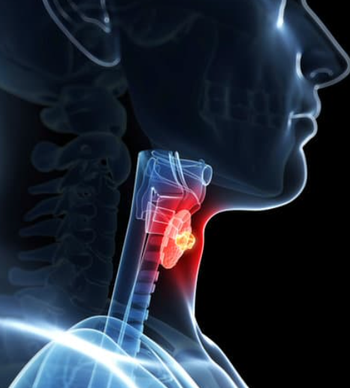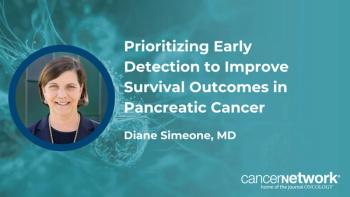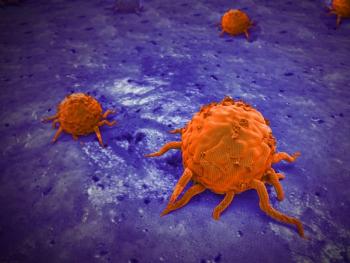
ADCs May “Change the World” in Gynecologic Cancer Management
Brian Slomovitz, MD, MS, FACOG discusses the use of new antibody drug conjugates for treating patients with various gynecologic cancers.
An “explosion” of new antibody drug conjugates (ADCs) such as tisotumab vedotin-tftv (Tivdak) may “change the world” in the management of cervical and other gynecologic cancers, said Brian Slomovitz, MD, MS, FACOG, in an interview with CancerNetwork®.
At the
Although Slomovitz said that his group was focused on investigating tisotumab vedotin in cervical cancer, he stated that it would be reasonable to evaluate the agent in disease types that harbor a high expression of tissue factor. Additionally, he highlighted that other ADCs are under assessment in ovarian cancer and endometrial cancer.
According to updated findings from the innovaTV 301 trial, the median overall survival was 11.5 months (95% CI, 9.8-14.9) with tisotumab vedotin vs 9.5 months (95% CI, 7.9-10.7) using investigator’s choice of chemotherapy (HR, 0.70; 95% CI, 0.54-0.89; P = .0038). Additionally, data highlighted an improvement in progression-free survival with tisotumab vedotin (HR, 0.67; 95% CI, 0.54-0.82; P <.0001). The confirmed objective response rate was 17.8% in the tisotumab vedotin arm and 5.2% in the chemotherapy arm (odds ratio, 4.0; 95% CI, 2.1-7.6; P <.0001).
Transcript:
At this point, [tisotumab vedotin] has been studied in cervical cancer. It would be reasonable to study it in other tumor types that have a high expression of tissue factor. At this point, we’re focusing on cervical cancer. That said, having approval of an antibody drug conjugate [ADC] in gynecologic cancers, we’re seeing an explosion of other ADCs that we’re investigating, both in ovarian cancer and in endometrial cancer, as well. Although I’m not sure if tisotumab vedotin is being further explored, we’re definitely looking at other ADCs. It’s going to change the world in how we [treat] these patients.
Reference
Slomovitz BM, González-Martín A, Fujiwara K, et al. Efficacy and safety of tisotumab vedotin versus investigator’s choice of chemotherapy in second-line or third-line recurrent or metastatic cervical cancer (innovaTV 301/ENGOT-cx12/GOG-3057): a global, randomized, open-label, phase III study. Presented at: Society of Gynecologic Oncology 2024 Annual Meeting for Women’s Cancer; March 16-18, 2024; San Diego, CA.
Newsletter
Stay up to date on recent advances in the multidisciplinary approach to cancer.



















































